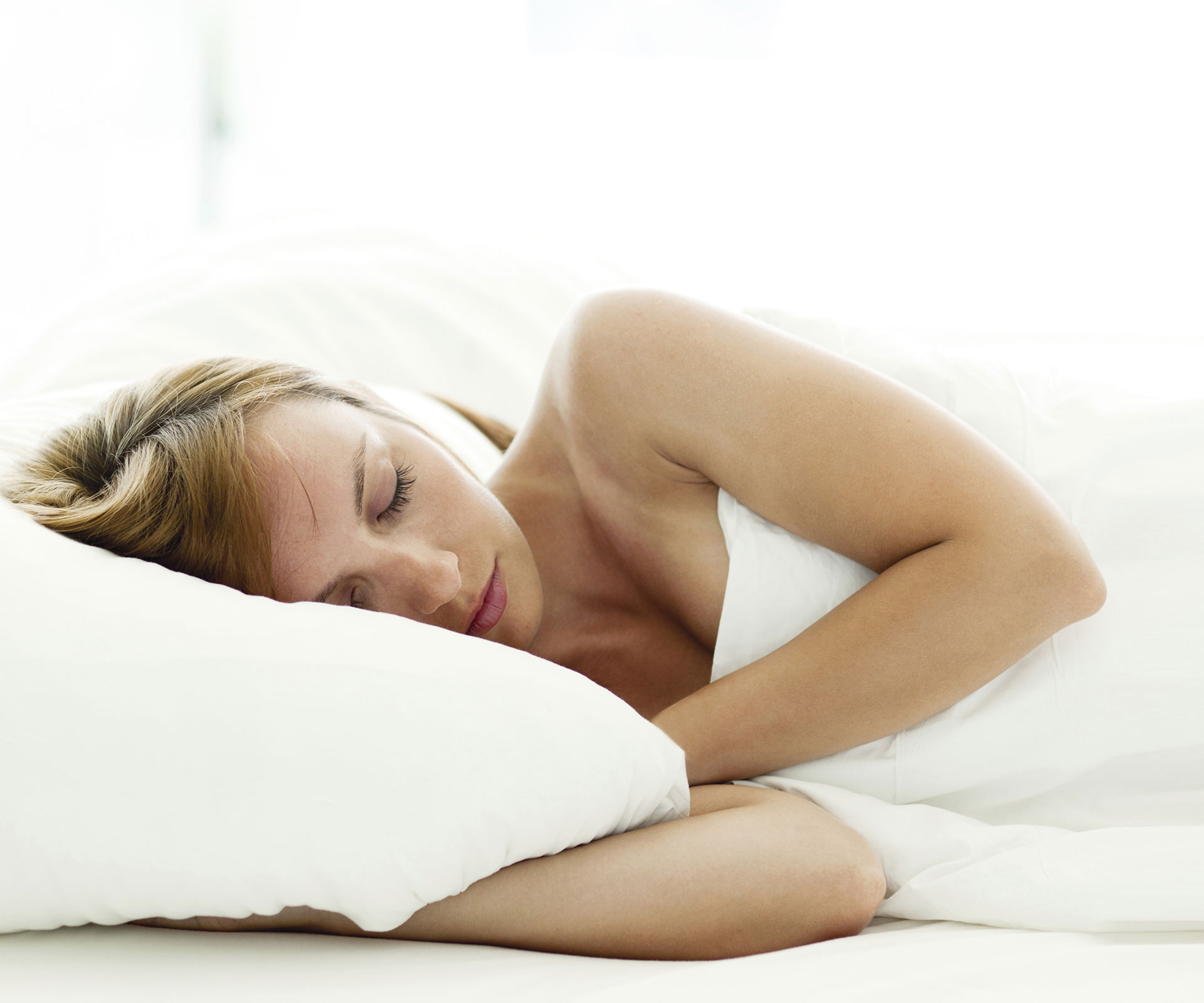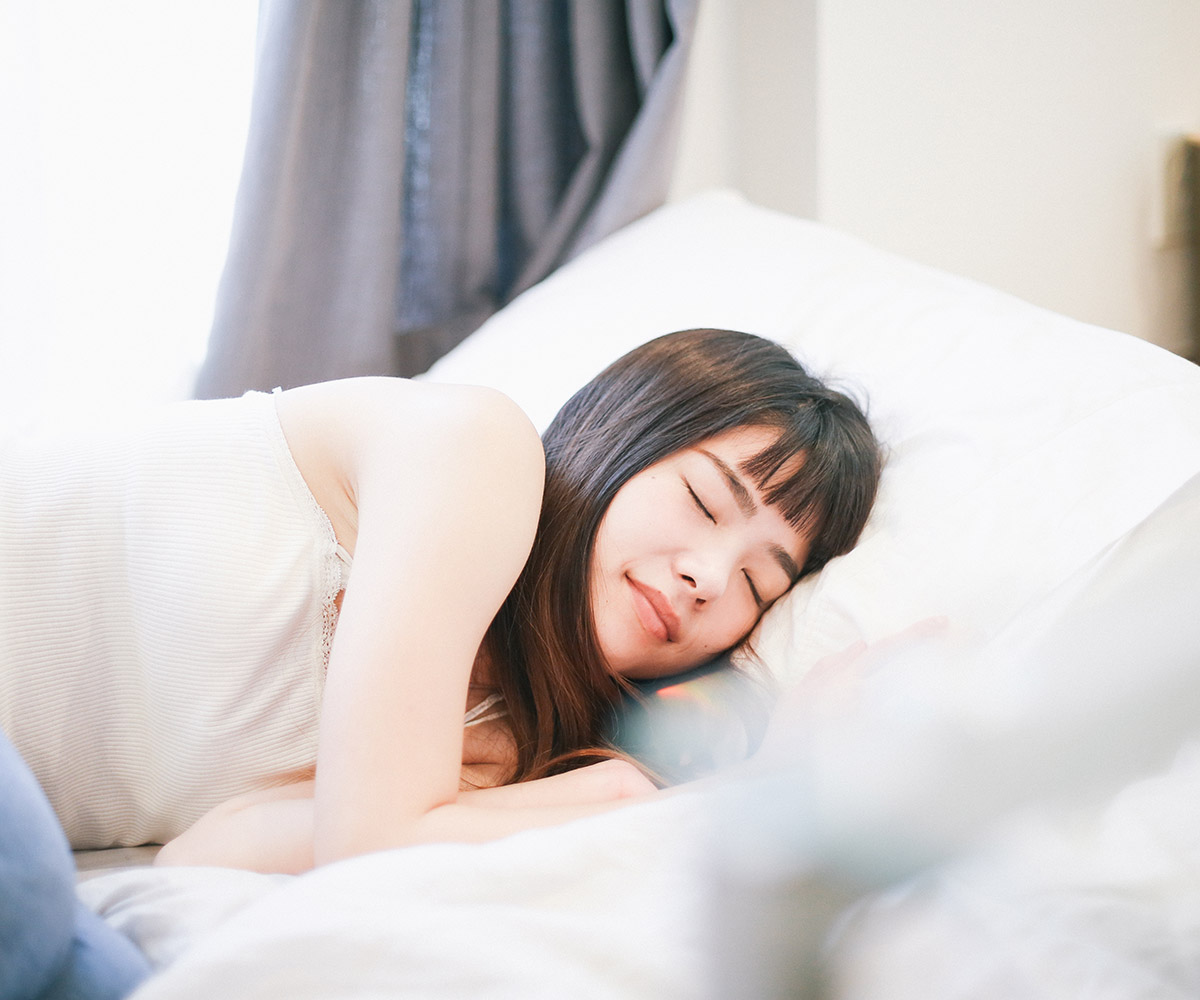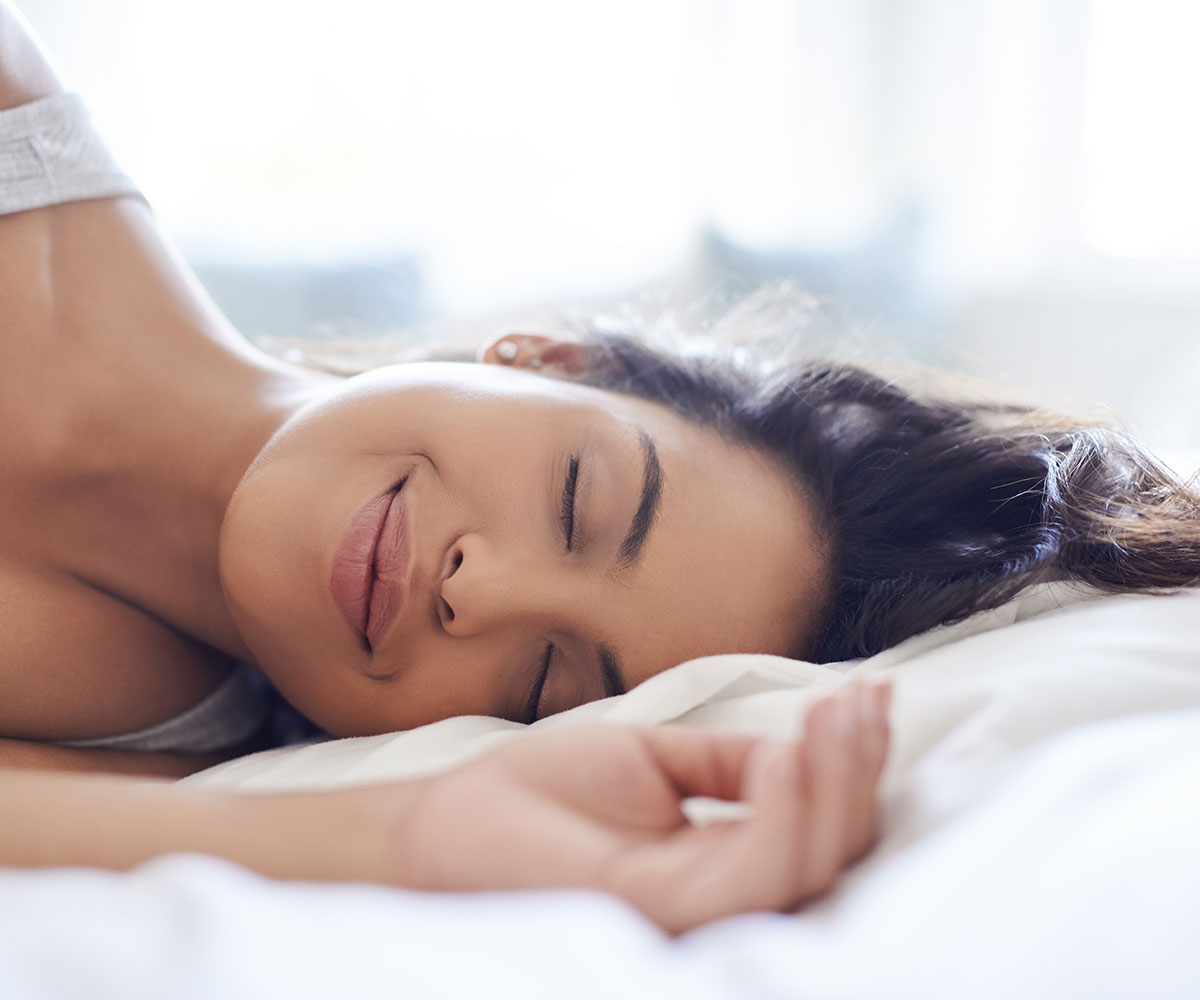If you’re someone who feels like they can survive off of less than five hours of sleep a night (just to down multiple cups of coffees throughout the day) or are prone to knocking back a couple of wines to help you fall asleep, you could be posing a significant threat to your health, a new study has found.
The study, conducted by researchers from NYU School of Medicine and published in Sleep Health, identified common beliefs surrounding sleep and compared it to scientific evidence to find out which were in fact true, or whether they were just a myth.
Reviewing more than 8000 websites, researchers identified 20 of the most common assumptions about sleep and worked with a team of sleep medicine experts to see whether they could be supported or debunked by scientific evidence, and if debunked, how much harm that myth could cause.
“Sleep is a vital part of life that affects our productivity, mood, and general health and wellbeing,” says the study’s lead investigator, Rebecca Robbins, a research fellow in the Department of Population Health at NYU Langone Health.
“Dispelling myths about sleep promotes healthier sleep habits which, in turn, promote overall better health,”
So, how many of these sleep myths can you put your hand up for?
Myth 1: You can cope on less than five hours of sleep
This claim was one of the top myths researchers were able to dispel based on scientific evidence.
While it’s not uncommon to hear about people who claim they can function on less than five hours of shut-eye (if this was us we’d need multiple caffeine top up throughout the day), researchers say the impact of this myth is one of the most damaging to your health by creating long-term sleep deficits.
The researchers also said taking naps throughout the day doesn’t make up for the lack of sleep if you struggle to sleep through the night.
Instead, Robbins and her colleagues suggest trying to create a consistent sleep schedule and setting yourself up to get at least seven hours of sleep.

While many people claim they can get by with less than five hours of sleep, researchers say the long-term negative impact to your health could be significant. (Image: Getty)
Myth 2: Snoring is annoying, sure, but harmless
Another common myth is about snoring.
Robbins says that while snoring can be harmless for some, it can also be a sign of sleep apnoea, a serious sleep disorder in which breathing starts and stops over the course of the night which can be fatal.
The authors encourage patients not to dismiss loud snoring and to go see a doctor since this sleep behaviour may lead to heart stoppages and other illnesses.
Myth 3: Alcohol will help you get to sleep
While yes, it’s likely a glass or two of wine before bed could make you drowsier and more relaxed, researchers says there is sufficient evidence which shows drinking alcoholic beverages before you sleep is indeed unhealthy as alcohol reduces the body’s ability to achieve deep sleep or REM (rapid eye movement), which is what people need to function properly.
Myth 4: Watching TV before helps you relax and unwind
Let’s be honest, who doesn’t sit down to a couple of episodes on Netflix before they try and get some z’s?
However researchers say that if you’re watching something that’s highly distressing or fast paced, it’s more like to cause you insomnia or stress, rather than doing the opposite.
And with the last season of Game of Thrones currently airing on screens, we can’t say it’s the most relaxing of viewing.
Plus, add the effects of blue light that’s produced by your screens and you’re delaying the body’s production of the sleep hormone melatonin.
Myth 5: If you’re struggling to sleep, stay in bed until you do
If you’ve been tossing and turning for what feels like forever and just can’t seem to fall asleep, Dr Robbins tells the BBC that it’s not always the best idea to just stay in bed.
“We start to associate our bed with insomnia,” Dr Robbins explains.
“It does take the healthy sleeper about 15 minutes to fall asleep, but [if it takes you] much longer than that… make sure to get out of bed, change the environment and do something that’s mindless.”

If you’re struggling to go to sleep, get up and change your environment for a bit, Robbins suggest. It’ll mean you won’t start associating your bed with insomnia. (Image: Getty)
“Sleep is important to health, and there needs to be greater effort to inform the public regarding this important public health issue,” says senior researcher Girardin Jean Louis, a professor in the department of Population Health and Psychiatry at the university.
“For example, by discussing sleep habits with their patients, doctors can help prevent sleep myths from increasing risks for heart disease, obesity and diabetes.”
However researchers acknowledge there are still some beliefs that cause disagreement among sleep experts too.
For example, while sleeping in on the weekends does disrupt the natural circadian rhythm, for people who might be shift workers, it may be better for them to sleep in, rather than getting fewer hours of sleep overall.
These grey areas and uncertainties suggest further research needs to be done, the researchers concluded.
 Getty Images
Getty Images
